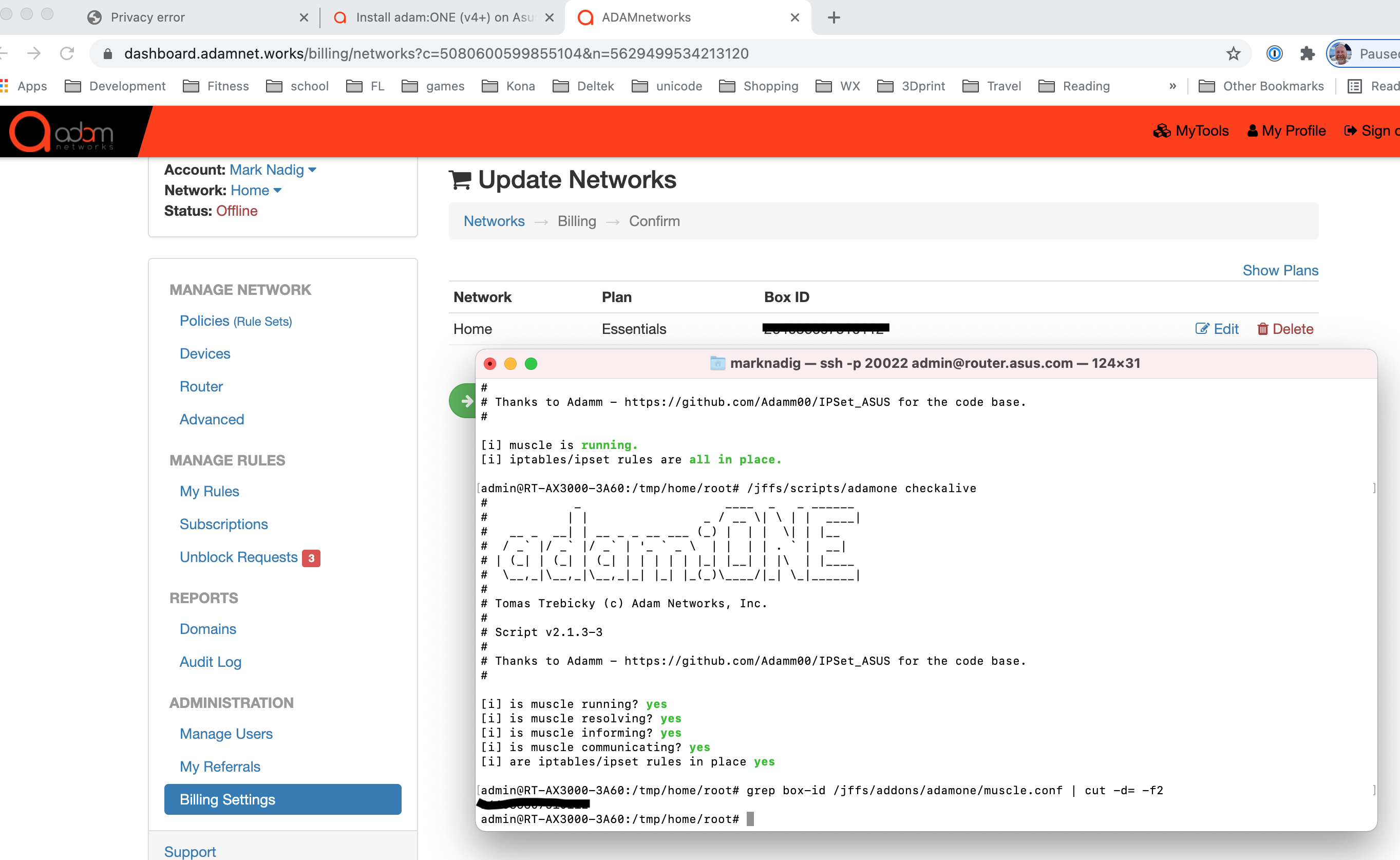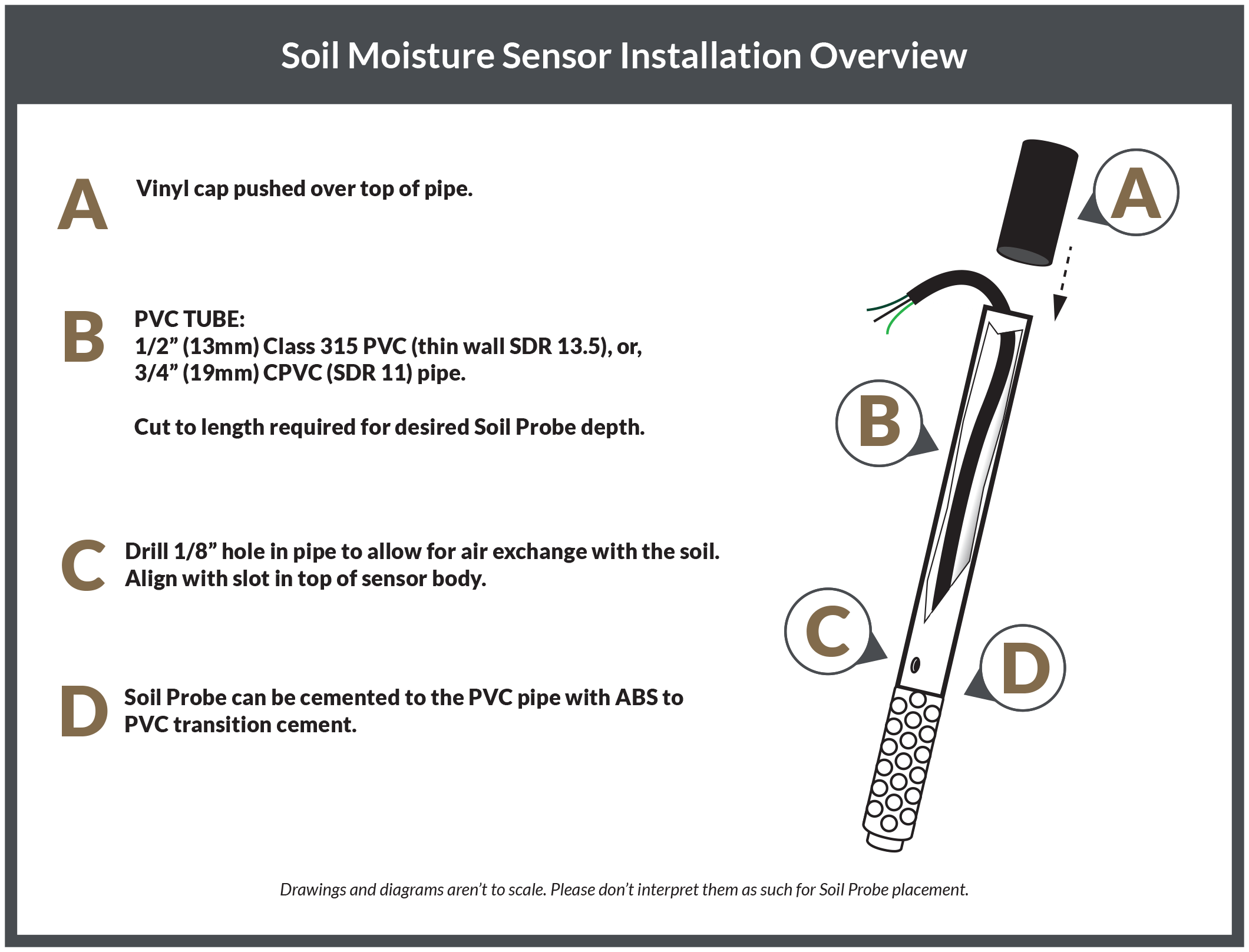

- #PARALLELS 13 INSTALLED AS ROOT FOR MAC#
- #PARALLELS 13 INSTALLED AS ROOT INSTALL#
- #PARALLELS 13 INSTALLED AS ROOT MANUAL#
- #PARALLELS 13 INSTALLED AS ROOT ARCHIVE#
Configuring the Filestore By default, Artifactory is configured to use the local file system as its filestore.Additional Settings These include: customizing ports, joinKey (join.key), masterKey (master.key).server -Xms512m -Xmx2g -Xss256k -XX:+UseG1GCįor more recommendations about your hardware configuration (especially the -Xmx parameter), please refer to System Requirements If you can reserve at least 512MB for Artifactory, the recommended minimal values are: The larger your repository or number of concurrent users, the larger you need to make the -Xms and -Xmx values accordingly. You can run Artifactory with one of the supported HTTP servers set up as a front end of each node.Īfter installing and before running Artifactory, you may set the following configurations:.Configure a reverse proxy (optional for Docker Registry).Continue to configure the system using the Administration guide.Make sure you have applied your licenses.The default user will have the following credentials predefined in the system: Once the installation is complete, you will need to validate these items: Complete configuring and starting the first node (steps 4 and 5)Īpply your license Bucket Management in the UI.Whether in the Artifactory UI, using the REST API or in the file, make sure that the licenses are separated by a newline.Īpplying a license bucket requires installing JFrog Mission Control. Important: make sure not to start Artifactory.Ĭonfigure the system.yaml file with the database and node configuration details.
#PARALLELS 13 INSTALLED AS ROOT INSTALL#
#PARALLELS 13 INSTALLED AS ROOT FOR MAC#
HA is not supported for Mac (Darwin) installation Linux Archive/Docker/RPM/Debian/Windows HA Installation
#PARALLELS 13 INSTALLED AS ROOT ARCHIVE#


#PARALLELS 13 INSTALLED AS ROOT MANUAL#
Manual Option: Create a symbolic link from your custom folders to the default folders.There are 2 ways to customize the data folder: Customizing the RPM/Debian JFrog product data ROOT_DATA_DIR/var * Default value : ~/.jfrog//varġ. ROOT_DATA_DIR * Note: Defined and customized in the.


 0 kommentar(er)
0 kommentar(er)
